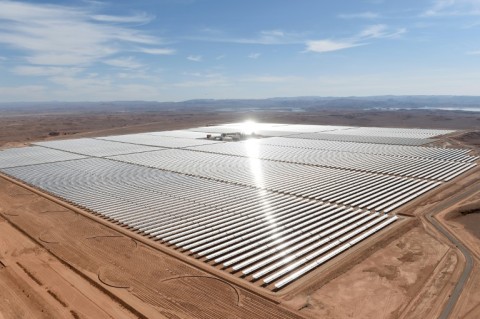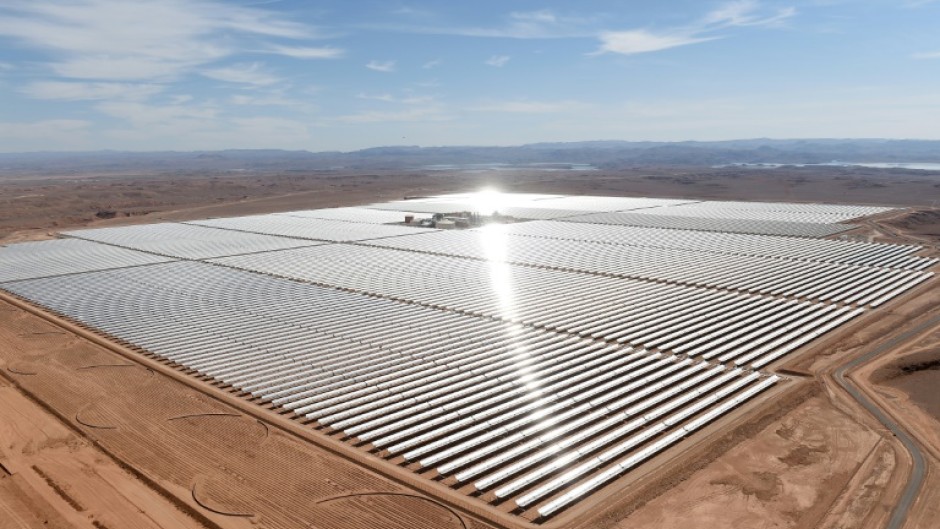
EGYPT - Investment in renewable energy in Africa fell to its lowest level in more than a decade last year despite the continent's huge potential, experts said Wednesday at the COP27 climate conference.
Only $2.6 billion of capital was rolled out for new wind, solar, geothermal and other renewable power-generating projects in 2021, the lowest level of funding in 11 years, research group BloombergNEF (BNEF) said.
This amounted to 0.6 percent of the $434 billion invested in renewables across the world, said the report, released at the United Nations meeting in the Egyptian seaside resort of Sharm el-Sheikh.
Renewable energy investments rose nine percent worldwide between 2020 and 2021 to reach a record high, but they fell 35 percent in Africa, it said.
This occurred "despite Africa's outstanding natural resources, rapidly growing electricity demand and improving policy frameworks," the report said.
"Clean energy investment in Africa is at an alarming low level," Michael Bloomberg, the billionaire philanthropist and former New York mayor, said in a statement.
"Changing that requires new levels of collaboration to identify viable clean energy projects and bring more private financing and public support to them," said Bloomberg, who is also the UN chief's special envoy on Climate Ambition and Solutions.
Africa has huge potential for solar power but it only represents 1.3 percent of global capacity.
Investment is also largely concentrated in a few countries, including Egypt, Kenya, Morocco and South Africa, which together account for three-quarters of the total.
"The ingredients are there for Africa to be a major market for clean energy growth, including outstanding natural resources and massive demand," said Luiza Demoro, head of energy transition research at BNEF.
"But incomplete policy regimes and reluctant investors continue to keep investment levels below where they could and really should be."

